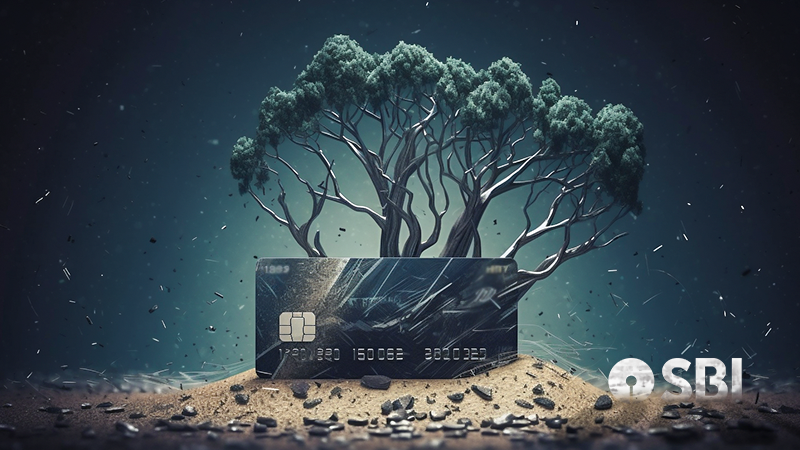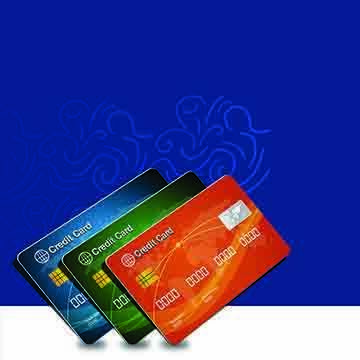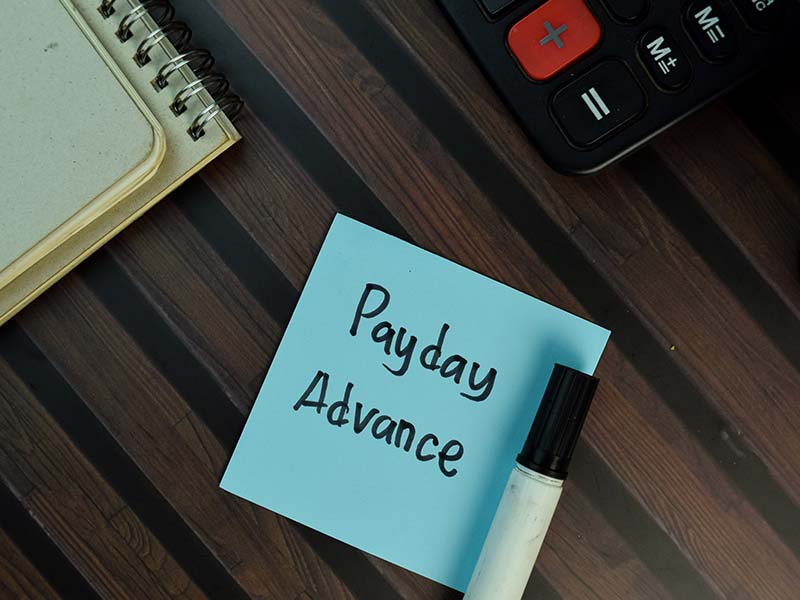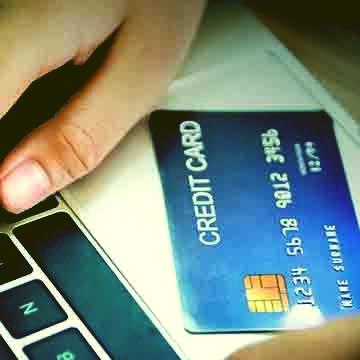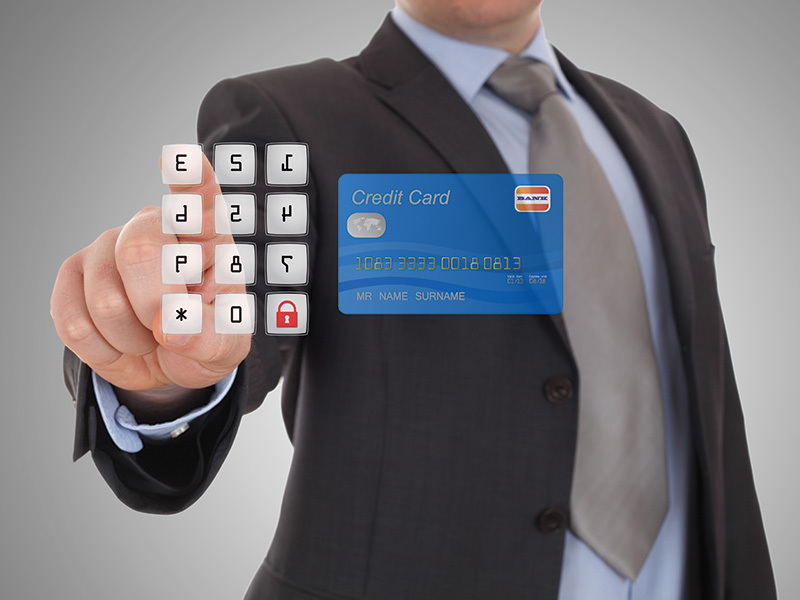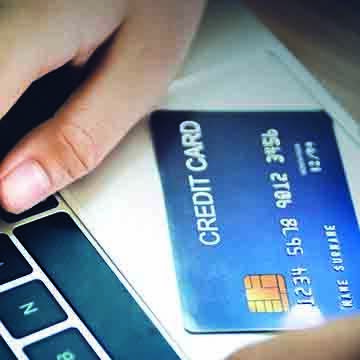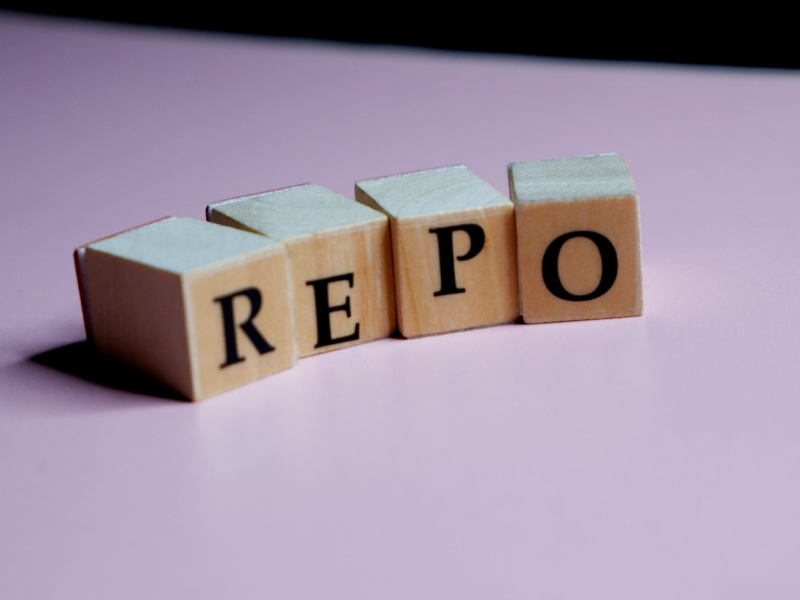
Personal loans and credit cards have become a reality in today’s world. Most of us have a credit card to meet our daily expenses and also have a sound credit history. But when in need of immediate funds for any personal expenditure, we often think of personal loans and approach our nearest lender. Today personal loans have also become quite common and many banks offer pre-approved personal loans at affordable varied interest rates depending on the lender guidelines. So what is a better option, a personal loan or a credit card loan?
Given below is a brief discussion that highlights which is the way to go between a personal loan and a credit card loan.
What is a personal loan?
The simplest explanation for personal loans can be that it is a loan to meet any kind of personal expenditure like travel, medical emergency, repairs and renovations for the home, etc. There are several types of personal loans available to meet various needs like consumer durable loans, wedding loans, festival loans, etc. These loans are quick loans and are available with minimal documentation and quick KYC norms. The usual tenure of these loans is anywhere between a few months to approximately 5 years and the rate of interest is approximately 7% to 30% depending on the policies and the type of the lender.
What are credit cards?
Credit cards, on the other hand, are the line of credit that is extended by the lenders based on the assessment of the creditworthiness of the cardholder. The cardholder can use this line of credit for an interest-free credit period that is usually up to 50 days. The cardholders need to repay the amount due at the end of the credit cycle within the due date, failing which, they are liable to pay additional interest which is usually up to 36% or 45% approximately depending on the lender. Cardholders can pay the minimum amount due on the credit card and extend the credit limit for another credit cycle.
What are the differences between personal loans and credit cards?
Now that we know the basic meaning of personal loans and credit cards, let us know their key differences.
| Nature of loan | The loan is offered for various purposes that are personal in nature and do not qualify under any other loan type. | Credit card loans are in the nature of a revolving loan or credit line that is renewed after clearing the credit amount due for the previous credit cycle or making payment of the minimum amount due. |
| Mode of borrowing | Personal loans can be borrowed through banks by making an application for the same and providing necessary documentation as power the guidelines of the lender. | Credit cards can be issued by lenders after assessing the creditworthiness of the applicant and can be bought in-store or by making an online application. |
| Rate of interest | The rate of interest on personal loans is lower as compared to credit cards and can be flexible based on the eligibility of the borrower. | The rate of interest on credit cards is among the highest across any loan category. |
| Tenure | The tenure to repay the personal loans is usually 12 months to 60 months | The tenure on credit cards is the interest-free credit period that is usually between 45 days to 50 days depending on the credit card provider. |
| Repayment schedule | The repayment for personal loans is done through systematic EMIs that are spread over the tenure of the loan. | The amount due on credit cards for every credit cycle has to be cleared before the respective due date to renew the credit cycle. |
How to choose between personal loans and credit card loans?
Personal loans and credit cards are both very good sources of meeting immediate financial requirements. However, while choosing between the two, it is important to understand the nature of the financial requirement and the cost-effectiveness between the two.
When a person needs funds for routine expenses that can be managed with a small credit line and can be sufficiently repaid at the end of the credit cycle, credit cards are a better option as compared to a personal loan. This is on account of the interest-free credit cycle and the chance to boost the credit score.
Also, if a person is not eligible for any loan (including a personal loan), on such occasions, credit card loans can be used as a last resort. It is however important to understand that it is quite easy to fall into a debt trap through credit card loans and hence, repaying them on time is crucial.
Personal loans have a relatively lower interest rate and a longer repayment tenure that can be as per the agreement between the borrower and the lender. The flexible repayment options are added benefits that allow the repayment in a timely manner. Hence, if the borrower is eligible for a personal loan and if the need for financial assistance can wait for 5 to 7 days, going for a personal loan is a better option than going for a credit card loan.
Conclusion
Personal loans are available with every lender and NBFCs at nominal interest rates and minimum eligibility criteria. Credit cards too are available easily but it is easier to fall into a debt trap if the spending is not kept in check. This will further harm the credit score of the borrower and limit the future borrowing capacity. Hence, personal loans or credit card loans although can be easily accessible, requires careful financial planning before opting for them and a robust repayment capacity at the onset of the loan.
FAQs
The average interest rate on credit cards is approximately 36% to 45% depending 0n the lender.
A personal loan can be used for personal expenses of any nature including for the business. However, interest rates on business loans are comparatively lower than that on personal loans. Hence, it is better to opt for a business loan after carefully evaluating the available options.
When the credit card holder does not have sufficient funds to make payment of the entire amount due on credit cards, they can pay the minimum amount due to renew the credit cycle. The lender will charge interest at the applicable rates on the balance unpaid amount till the time it is paid in full.
Yes. Personal loans can be issued to housewives also against the balance in their savings account or a fixed deposit with the bank or by providing collateral depending on the policies of the lender.















